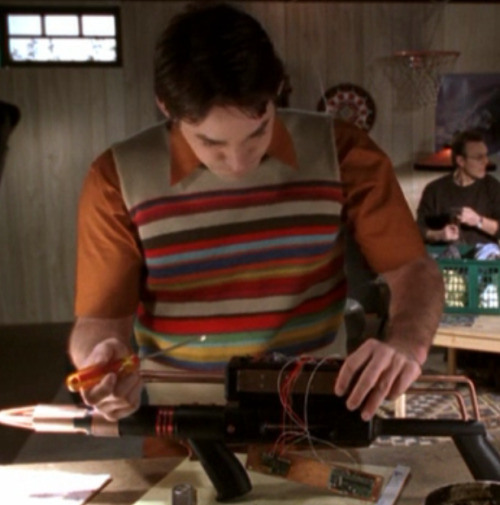Welcome to the Hellmouth tells you most of what you need to know about Buffy. Not just because it’s necessarily expositional as a pilot episode, but because all the ground work, mythology, character quirks are dealt with in not just an expedient way, but in a (I think) deft way.
First of all, it’s written by the Head Ginger in Charge himself, Joss Whedon, and no matter what you think about the man (he’s a cockbag. Just FYI), he does have talent. The asshole. WttH is not his best opener, but it’s a pretty good one.
First off, the opening of the episode itself starts stereotypically. If you’re familiar with Whedon’s statement of purpose regarding the creation of this character (and by extension, this show), then you know why. However, by the time you see our friend Darla vamp out and snack on Mr. Rebel Without A Future, you know we ain’t in Kansas any-fucking-more.

If you don’t fast forward through the theme song, you see the same pattern. We get the spooky “oooooh” intro, then go right into the rock. Because Buffy will rock you. Like a hurricane.
One thing that always kind of tickles me about this episode is that the first image we see of our heroine, this fierce bitch right heah:

…she’s in a vulnerable state. She’s asleep, in an all-white bed. And hey, I don’t need a Lit course to tell you that shit means something. Right away, we’re told that this girl, while extraordinarily strong and more than a little badassy, is still a young girl. She’s innocent and pure, she probably bakes cookies and shit, and hey, she can still be hurt.
Of course, that’s not the only thing this scene is telling us, though, because while she’s being all vulnerable and stuff, she’s dreaming. And she’s dreaming of blood, darkness, monsters. Clearly, she’s not just vulnerability and light. This bitch? She got them layers.
These dreams, by the way? Are also prophetic. Assuming you stick with this show despite its oddly charming campiness and clearance-priced first season production values, you’ll see that every thing that Buffy dreams comes true.
After meeting Buffy, we’re off to school, where we meet Xander, Willow, and Giles, who will all be a big part of why Buffy (1) becomes who she is and (2) why she survives so long. More on them and that later.
We also meet Cordelia Chase, who is such a great character. Not just because of her general awesomeness, but also as a mirror for Buffy herself. Cordy’s what Buffy used to be in her old school in L.A. Queen Bee, deceptively shallow (you’ll soon realize; neither Cordy or Buffy are shallow at all)—basically, all a beautiful, rich teenage girl in California would probably turn out to be, stereotypically speaking.
Behold fantasticness:

Cordelia initially takes to Buffy when she meets her (complete with coolness mini-quiz!), which suggests she sees qualities in Buffy that apply to herself. However, it rapidly becomes obvious that Buffy’s just not in that place anymore (the effect of growing up?), and rejects Cordelia’s world for one of her own making with Xander and Willow. Jesse, unfortunately, won’t figure in that, and you’ll see why. Don’t worry, you’ll forget about him soon anyway.
While the latter episodes of this season, and most of the High School Seasons (Seasons 1-3, for those not in the know. You should be ashamed) deal with the overarching theme of “High School is Hell,” this episode and the one immediately following mostly deal with Buffy herself, and her settling in to what will be her life for the foreseeable future. Sure, there may be little “new kid at school” metaphors or, um, “phors,” since they’re not exactly hidden, but mostly this is mythology-establishing shit: What it means to be a Slayer, what do we mean when we say “vampires,” what a Watcher does—you know, the basics. But the good thing about this is that interspersed with the How the Hellmouth Works primer are valuable clues about Buffy herself, and to a lesser extent, the rest of the gang.
Buffy’s balancing act between her calling and her “normal life,” for example, comes up constantly. From her initial rejection of Slayerdom to little things like still carrying stakes and investigating deaths on campus, we know that while Buffy strongly wants to follow her desires, she still has a strong sense of duty and purpose. She barely even needs the nudging that Giles and Angel (hubba) give her.
Even this early, we know that Buffy’s Slayer side is just as much a part of her as her bouncy, bouncy hair. Now we get to see her slowly realize that. Fun, right?
Stray observations:
- Sunnydale High School is actually Torrance High School, former home of the original Beverly Hills, 90210.
- Buffy’s “colorful transcripts” (LOVE Principal Flutie, btw) are a reference to the 1992 Buffy the Vampire Slayer movie, where Buffy had to slay… asbestos… in a gym.
- I don’t know about you, but I’d be more willing to listen to a mentor with an English accent.
- Don’t worry, the California-speak doesn’t last. “Neg-ly,” really?
- Why the hell does 16-year old Buffy have an all-vinyl outfit?!
- The Master’s name is Heinrich Joseph Nest, but his name is never used in the series. He’s all S&M-y and German, isn’t he?
Stay tuned for The Harvest!
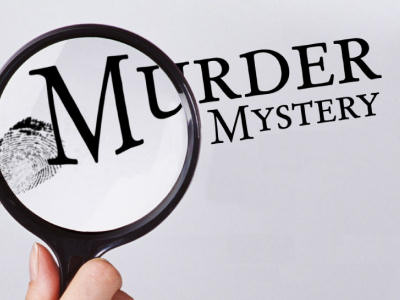



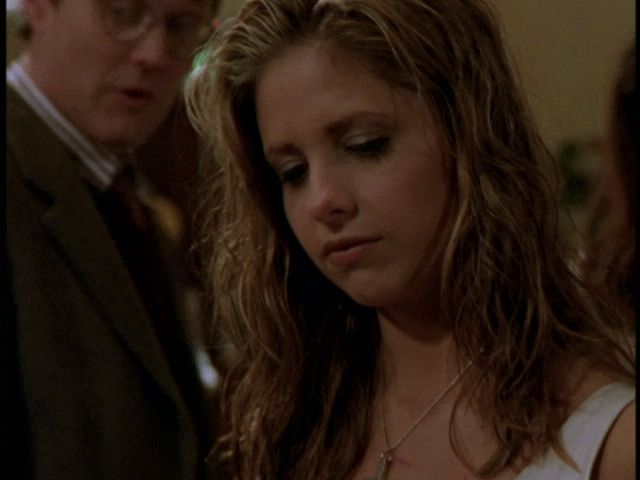
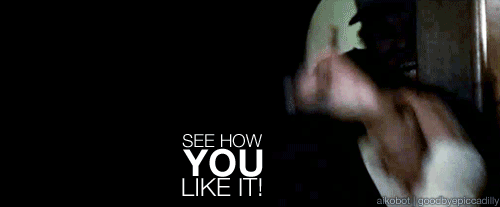 Now do you see why I love Cordy?!
Now do you see why I love Cordy?!

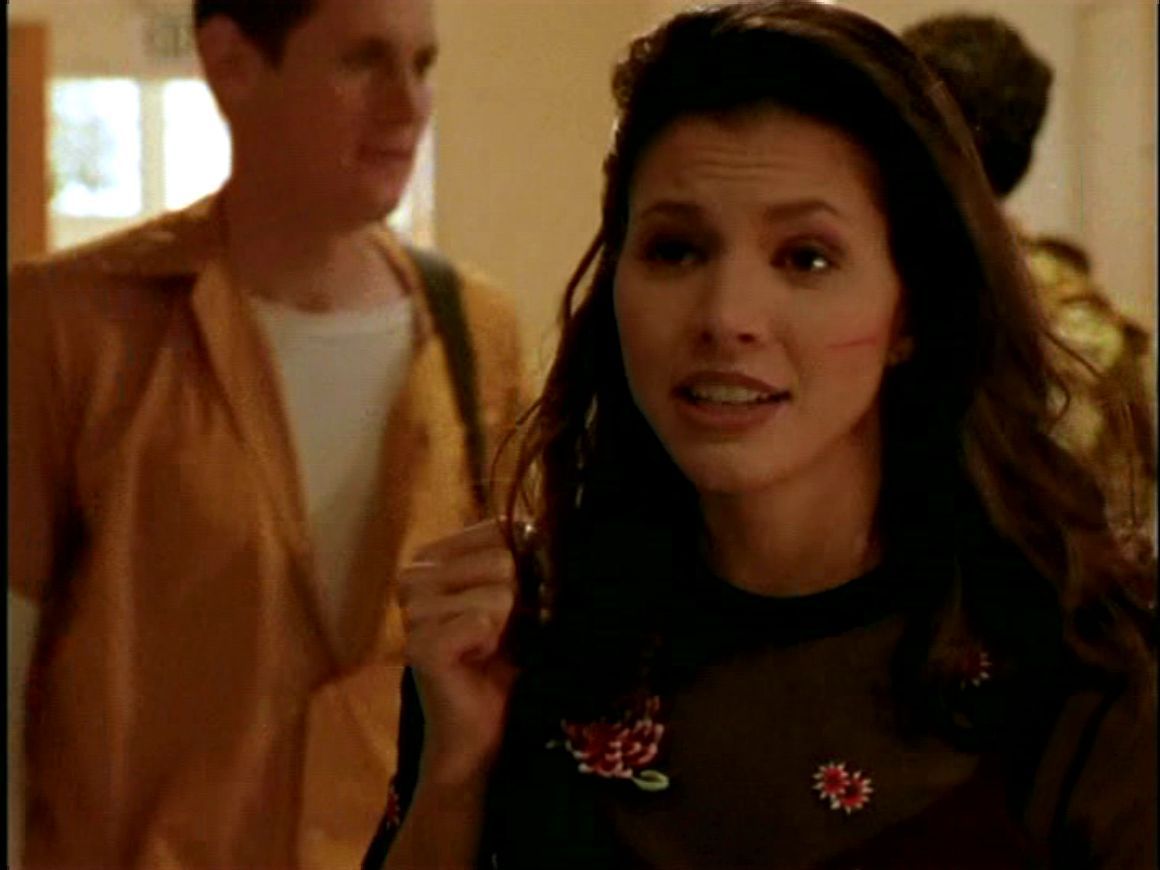


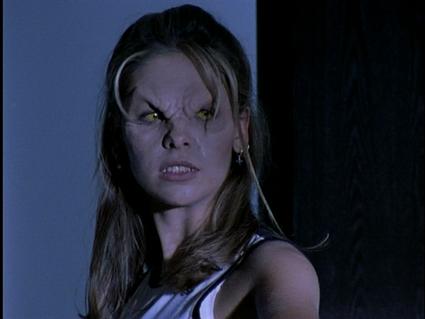
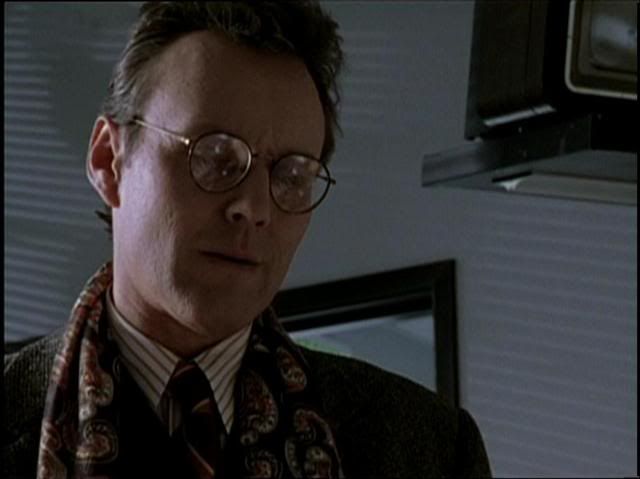
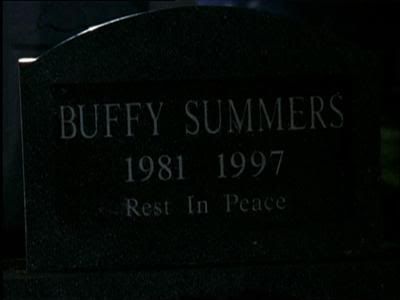
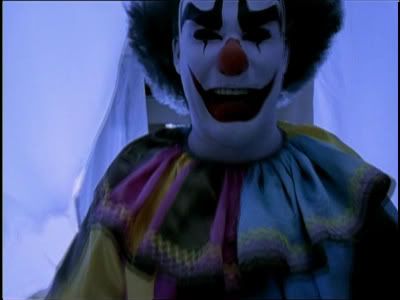
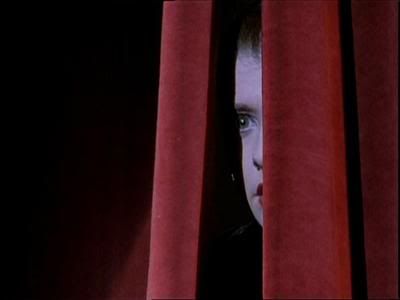




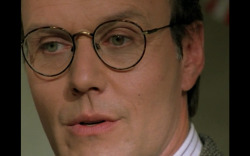

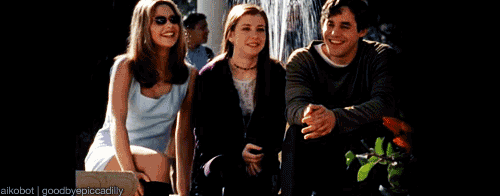 Source
Source



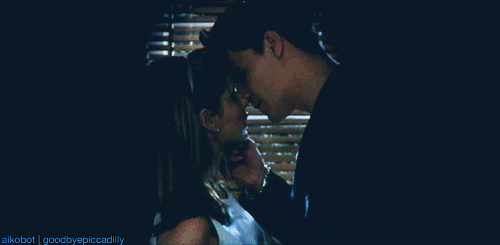 (
(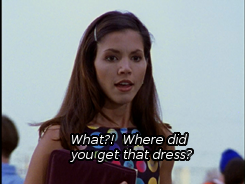
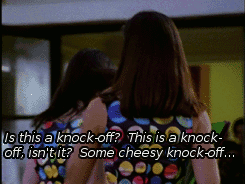 “This is exactly what happens when you sign these free trade agreements!”
“This is exactly what happens when you sign these free trade agreements!”






 (courtesy of
(courtesy of 
